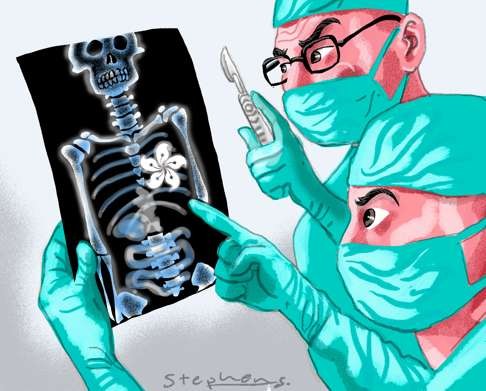
Election X-ray reveals what ails Hong Kong, but can the patient be healed?
Stephanie S.Y. Cheung says the Legislative Council poll results offer a diagnostic picture of the city’s condition but, as in life, the wrong treatment could be fatal
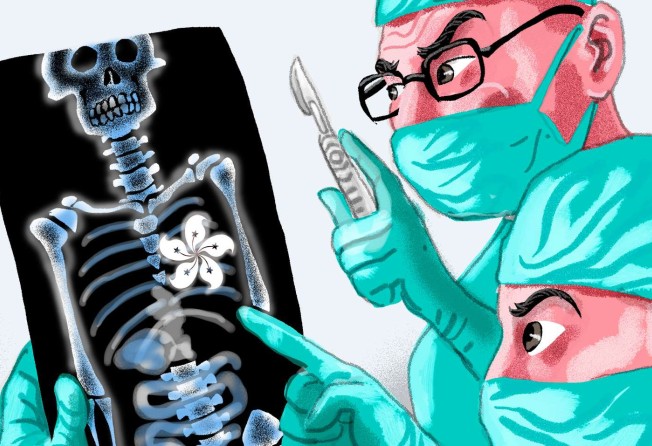

The first glaring result is that gone is the “godfather” of Hong Kong independence, Horace Chin Wan-kan, whose treatise on the city state and rhetoric – comprising a mix of history, religion and political theory – on establishing Hong Kong’s sovereignty, stirred discussion on the web. Chin himself admitted defeat on Facebook, and announced his own gradual disappearance. From the way he cursed all his opponents, a comeback seems unlikely. Chin’s friend, Wong Yeung-tat, a vocal advocate of using violence to achieve independence, was also firmly rejected by voters.
Originally a bunch of minority voices on the fringe, interest in their ideas mushroomed when attention was drawn to them by the chief executive and mainland officials. Voters have shown clearly that the majority do not favour independence or the use of violence.
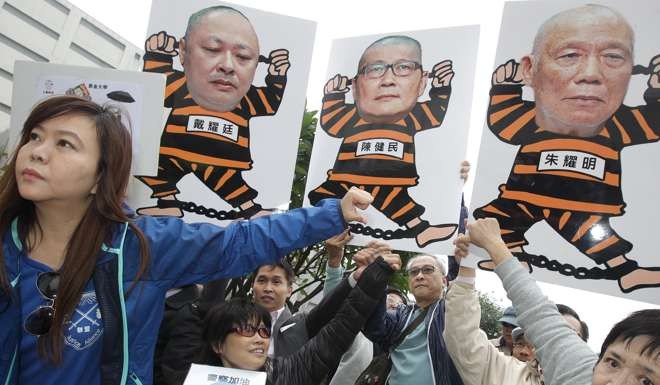
Thankfully, the elections have shown that all the sound and fury of these two extreme sides signify nothing. Instead, it is time now to settle down and deal with the city’s real issues, with insight gained from the polls.
There is widespread support for the students’ fight for true democracy
The election reaffirms the true spirit of Hong Kong to be peace-loving, freedom-loving, sensible and orderly. Hongkongers are pragmatic. They do not vote for change just for the sake of it. Of the 24 ordinary functional constituencies, 19 kept their original seats. In the legal constituency, Dennis Kwok Wing-hang not only retained his seat, but netted almost 70 per cent of the vote with an increase of 14 percentage points over the 2012 result. This is noteworthy as Kwok was fiercely attacked by many in 2015 for “selling out” Hong Kong when he and Ronny Tong Ka-wah visited Beijing to discuss democratic reforms.
Kwok’s re-election epitomises the pragmatic endorsement of engagement, rather than stand-offs, as a way of finding solutions. With the other functional constituencies as well, there is a sense that preservation of existing setups, and protection of the professions and businesses, will achieve stability and growth for Hong Kong.
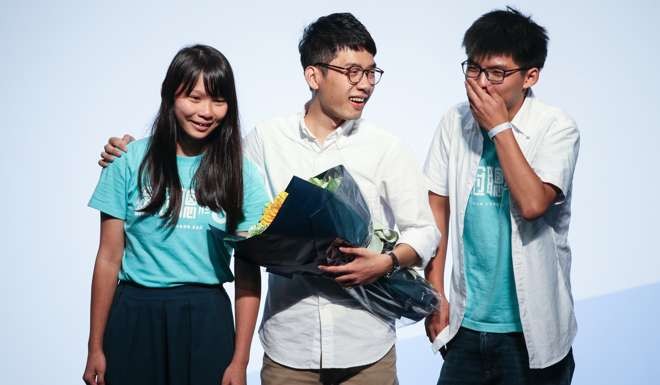
The election also reflects the true aspirations of the Hong Kong people, and what they value and respect in their leaders. Looking at the six new faces from geographical voting, a common thread lies in the public’s trust in their integrity and commitment to work for the benefit of Hong Kong. Eddie Chu Hoi-dick, who topped all candidates with 84,121 votes, is an ex-journalist turned social activist without political party or influential backing. Nathan Law Kwun-chung received the second-highest votes in his constituency with 50,818 out of an aggregate of 344,853. He was one of the student leaders of Occupy Central in 2014. Despite the movement being castigated as a civil disturbance, the silent majority has vindicated the students by supporting Law. This shows there is widespread support for the students’ fight for true democracy.
Nevertheless, these new young members have used different expressions to associate themselves with some form of “self-determination” for Hong Kong, and evinced a willingness to take drastic measures to achieve their goals.
When the ‘umbrella movement’ first started, Hong Kong independence was virtually unknown to the public
Before alarm bells start ringing at the mention of “self-determination”, let’s take a closer look at the true nature of what they are saying. Unlike Chin, the newcomers are actually activists on social issues, rather than political ones. They do not have a blueprint or coherent plan of what an independent or self-determining Hong Kong would look like, or a game plan for achieving it.
They are not to be blamed for this. It should be remembered that when the “umbrella movement” first started, Hong Kong independence was virtually unknown to the public. It was only when Leung Chun-ying hit out at an article in a university student newspaper in his 2015 policy speech that Hong Kong woke up to the possibility of independence. The idea gained notoriety through harsh admonition by mainland authorities in Hong Kong. This idea found fertile soil in the disillusionment of youthful “umbrella” protesters, who despaired of any hope of reforms since, even after sleeping on the streets for 79 days, they still could not convince the Hong Kong government to be more receptive to reform submissions.
Traditional means of making demands had failed. Hong Kong independence presented itself opportunely as a natural extension. For youthful candidates campaigning on a platform of social and political change, it was an obvious choice.
No one disagrees that the sore needs to be healed. The question is how
So it is not as if “Hong Kong independence” or “self-determination” is advocated as a workable concept with merit in itself. It merely came about as an outcome of the way in which the issue was handled. It’s like Leung squeezing a pimple. It became inflamed on a face dirty with the fallout from the “umbrella movement”. The inflammation grew into a sore with a lump. Mainland doctors became worried the lump might turn cancerous and spread, or contaminate other patients. They gave it chemotherapy. However, the more chemotherapy they administered, the worse the patient’s condition became.
Any doctor seeing how his treatment is having the opposite effect might well ask himself: “Have I missed something?”
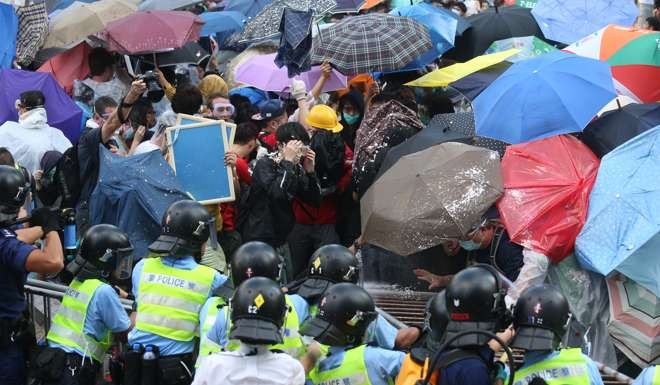
No one disagrees that the sore needs to be healed. The question is how. It is far better that the Hong Kong way of discussion with mutual respect be allowed, instead of applying further doses of chemotherapy. Like a father watching his previously healthy son wilting under chemotherapy, Beijing should consider whether it is in the father’s own interest that the son should be healthy, rather than risk killing him by persisting with the wrong treatment.
Stephanie S.Y. Cheung participated in the student movements in the 1970s, and is currently a solicitor and mediator, and volunteer in youth work and education